Belarus: Nato denies foreign troops are on border
- 2020-08-23 10:45:39


 Pierre Rayer: Art, Science, and Happiness: The Universal Mission of Transmission to Future Generations through Patronage at the Louvre Abu Dhabi
Pierre Rayer: Art, Science, and Happiness: The Universal Mission of Transmission to Future Generations through Patronage at the Louvre Abu Dhabi Ahly crowned Super champions after dramatic extra-time win over Modern Future FC
Ahly crowned Super champions after dramatic extra-time win over Modern Future FC Yemeni Honey..A Development Wealth Threatened By Conflict And Climate Change
Yemeni Honey..A Development Wealth Threatened By Conflict And Climate Change California wildfires: Millions warned of possible power cut
California wildfires: Millions warned of possible power cut Central African rebels launch attacks near capital
Central African rebels launch attacks near capital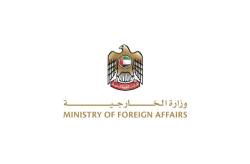 UAE Welcomes Statements by U.S. Secretary of State on Sudan and the Cessation of Hostilities
UAE Welcomes Statements by U.S. Secretary of State on Sudan and the Cessation of Hostilities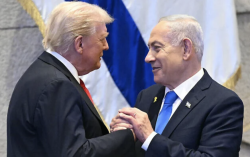 Netanyahu to present Trump with new Iran attack plans during US visit
Netanyahu to present Trump with new Iran attack plans during US visit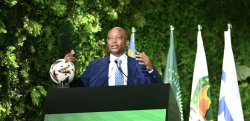 CAF institutes AFCON every 4 years and League of Nations
CAF institutes AFCON every 4 years and League of Nations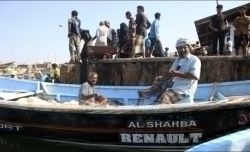 51 Yemeni Fishermen Return to Mocha Port After Release from Eritrea
51 Yemeni Fishermen Return to Mocha Port After Release from Eritrea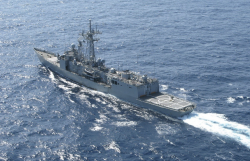 EU Announces Success of "ASPIDES" Naval Mission Securing Passage of 1,400 Commercial Vessels in the Red Sea
EU Announces Success of "ASPIDES" Naval Mission Securing Passage of 1,400 Commercial Vessels in the Red Sea
